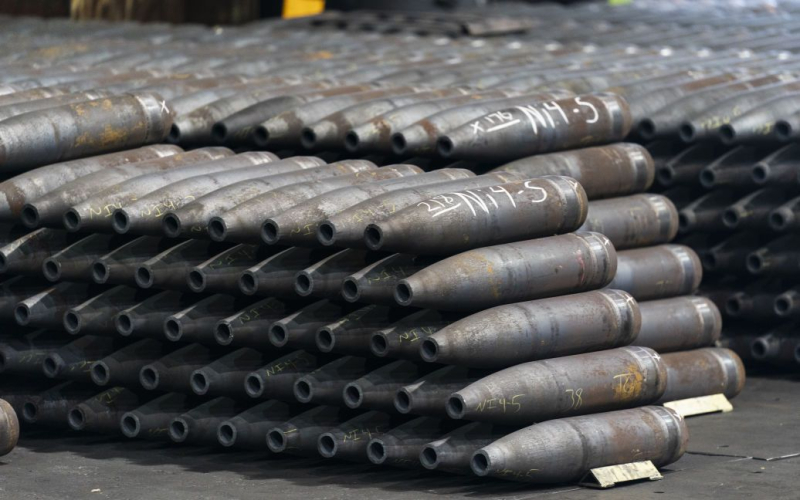
< p>The Czech Republic says it is ready to provide thousands of additional artillery shells to Ukraine, just weeks after it announced an initiative to supply these badly needed shells separately from the EU.
The Czech Republic has already prepared 300,000 shells for Ukraine. They will provide a vital “several months' rest” to the front line. The first deliveries should begin before June.
This was announced by Czech Foreign Minister Jan Lipovsky, writes The Guardian.
“We have first-hand experience of 40 years as a satellite of Moscow, a country that was invaded by Russian tanks in 1968 to crush the Prague Spring. Nobody wants those [Soviet] times back, and I I must say that the population is very sensitive to this,” he said and added that his country cannot stand by and watch as Ukraine remains without help.
Ukraine previously stated that it does not have enough ammunition to fight Russia. At the same time, the EU said it would be able to meet only 52% of last year's goal of delivering a million shells to Ukraine by March, and a bill to fund US military aid to Kiev was blocked in Congress.
So Czech President Petr Pavel announced an ammunition initiative for Ukraine at the Munich Security Conference in February, saying Prague had 800,000 shells that could be given to Ukraine for funding from a consortium of Western countries.< /p>
The scheme is that European countries buy shells from African and Asian countries such as South Korea, which do not want to supply them directly to Ukraine, but are happy to sell them to third parties such as the Czech Republic.
Czech sources said the consortium has received strong commitments for 300,000 large-caliber artillery shells, with the first shipments to be delivered no later than June. We are also talking about the supply of another 200,000 shells later.
Recall that Prime Minister Denis Shmyhal said that Ukraine expects our allies to hand over a sufficient number of artillery shells starting in April. In particular, this will be possible thanks to the initiative of the Czech Republic.
Related topics:
More news

